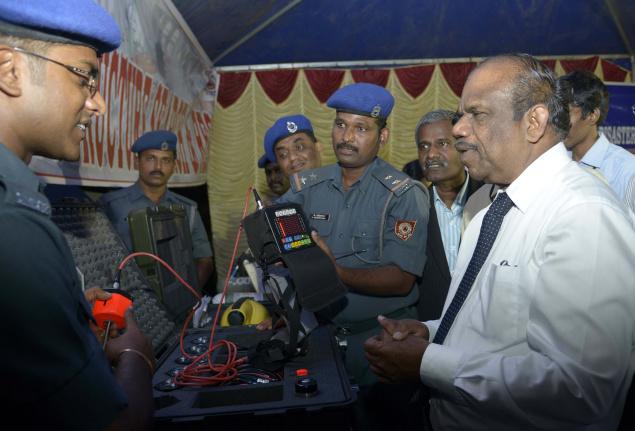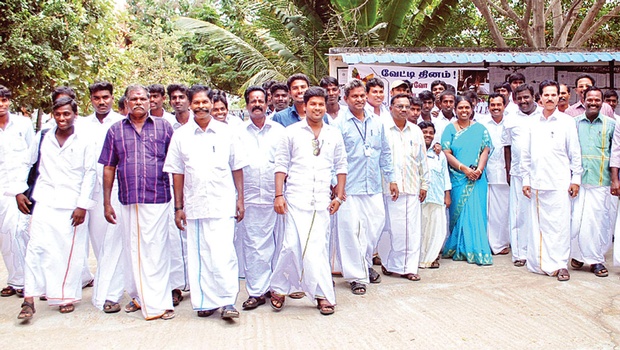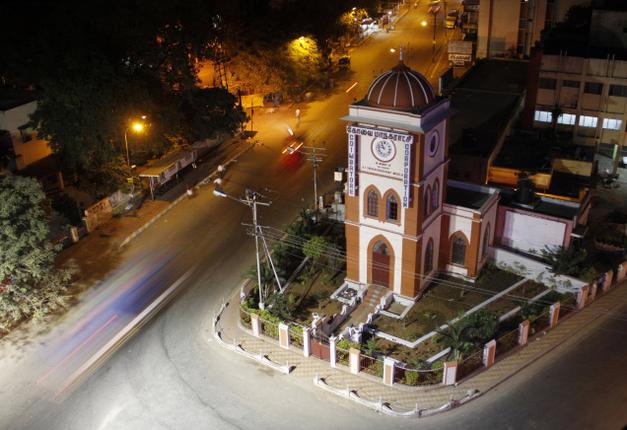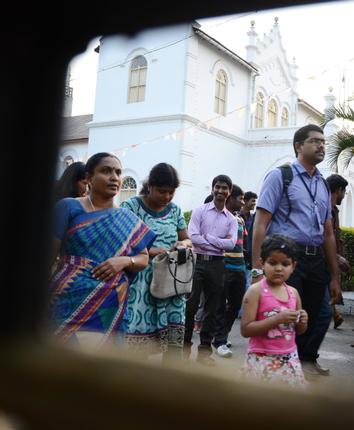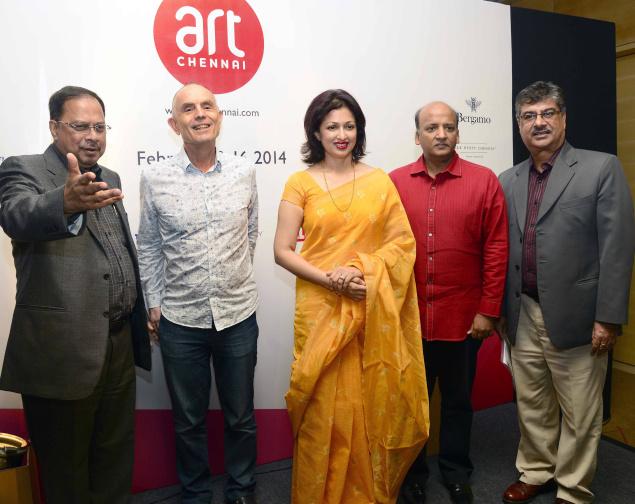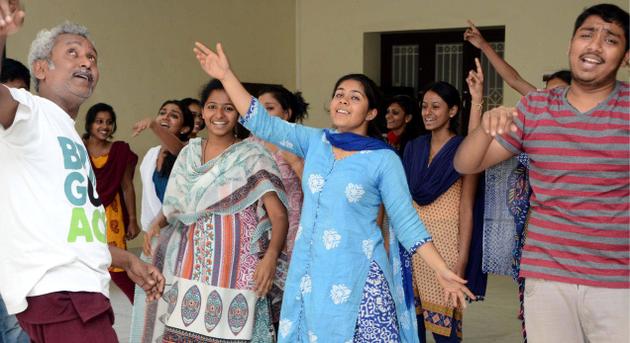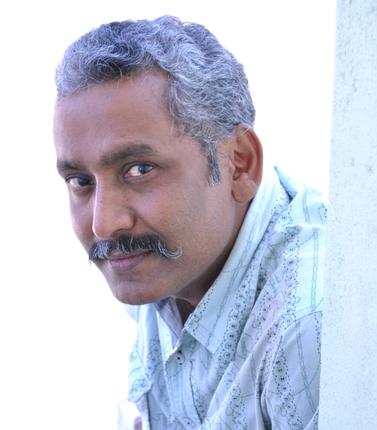Q&A with Founder & Dean, Great Lakes Institute of Management.
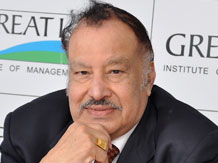
Great Lakes Institute of Management which began from one campus in Chennai and expanded to Gurgaon is now coming up with its third campus in Mumbai. In an interview with M Saraswathy, Bala V Balachandran , Founder & Dean, Great Lakes Institute of Management talks about the new campus and the plans for this year. Excerpts:
You have planned a Mumbai campus? When would it be launched?
By December 2014, we will identify the location for the institute in Mumbai. We are in talks with philanthropists in this city who can provide us land for the campus. By June 2015, the campus should be ready to welcome students.
How different or similar will this campus be to your other centres? Are looking to set up more campuses in India?
Each of our campuses have their own personalities. Though there would be visiting faculty, a core faculty will be present in Mumbai. Unlike the Chennai or Gurgaon campus, Great Lakes Mumbai will focus on the banking and financial services sector. Further, international trade and Mergers & Acquisition will be vital part of the curriculum and courses, since this is the country’s financial capital.
At present we are not looking to set up additional campuses. Earlier, we had a plan to set up a campus in Bhubaneshwar. We were toying with this idea for sometime. However, we decided against it since there are not internship opportunities there and the job market there is also slow. Hence, the plan was shelved. But in the future, we would be happy to have a campus in East India.
There were talks of big corporate houses like Godrej and Tatas investing in the institute. Is there any update on this?
We were looking to sell 51% in the institute and were in talks with companies like Tatas and Godrej for this process. But later we understood that these companies were not very comfortable in investing in the higher education space since it was very crowded. After an internal evaluation, we decided against bringing in external investments. But top executives from these companies are on our Business Advisory Council.
Are there any international tie-ups on the anvil?
IAE Bordeaux University School Of Management – Université Montesquieu Bordeaux IV has announced in association with the Great Lakes, a 6 weeks program in Bordeaux, intended for PGPM students from Great Lakes. We also are associated with Yale University for Yale-Great Lakes Center for Management Research.
Now, we are looking for tie-ups with international finance schools. further, we are planning to have a tie-up with a US institute for promoting entrepreneurship on our campus.
Placement season at business schools has been muted. What has the experience been at Great Lakes?
Surprisingly, we have had a good placement season till now. About 240 of our 360 students in Post Graduate Programme in Management have already been placed. The average salary was Rs 11.5 lakh and highest has been Rs 42 lakh. We have had 70 new companies coming to the institute this season. By February end, the entire batch will be placed.
source: http://www.business-standard.com / Business Standard / Home> Management> Q & A / by M Saraswathy / Mumbai – January 30th, 2014
